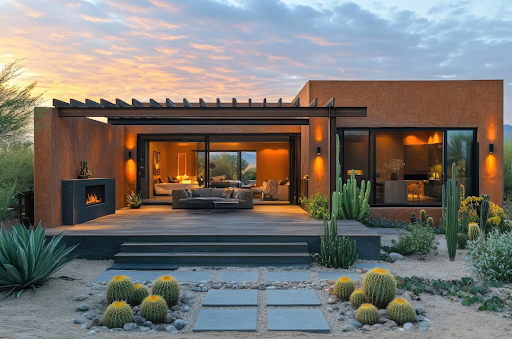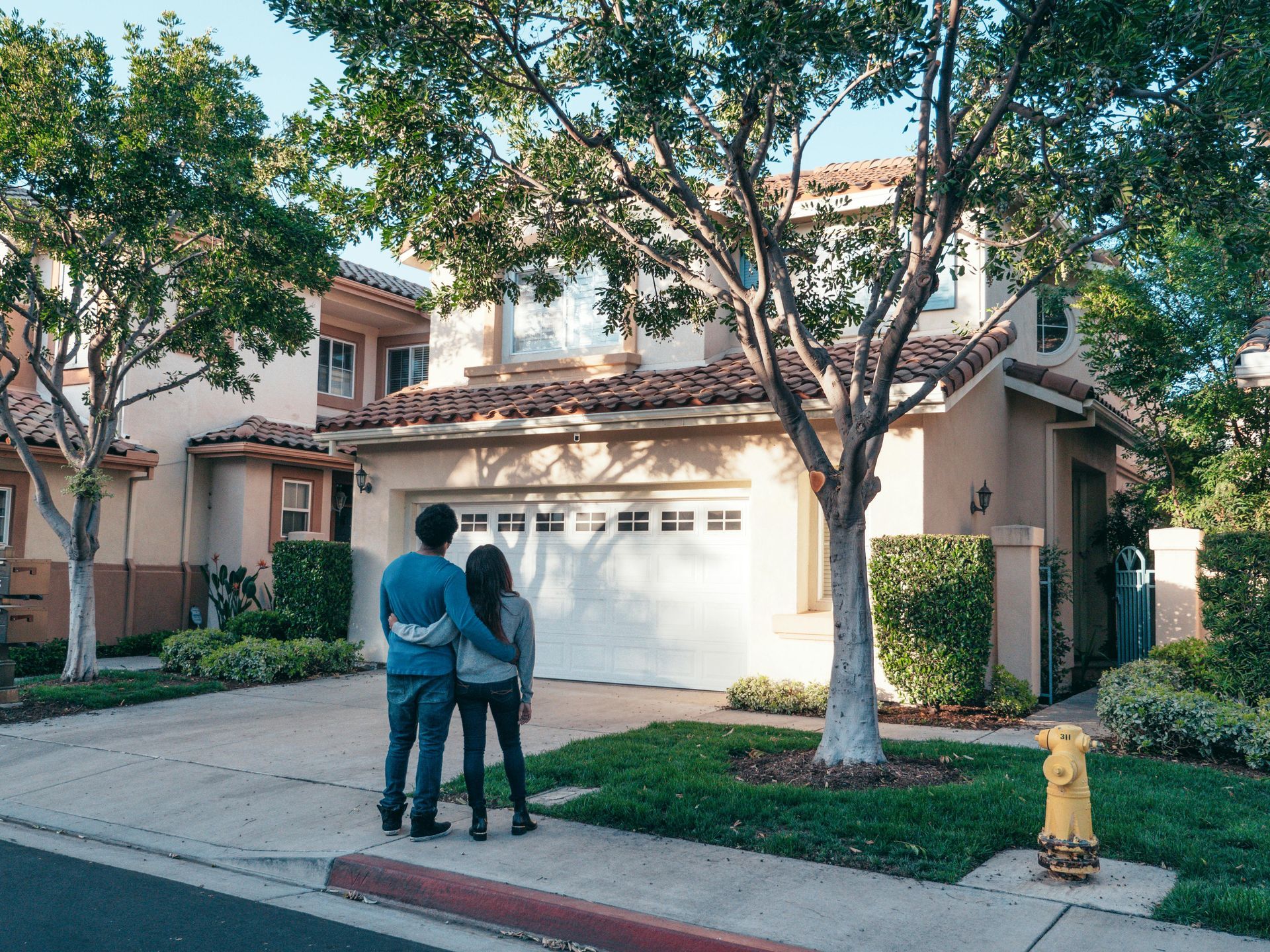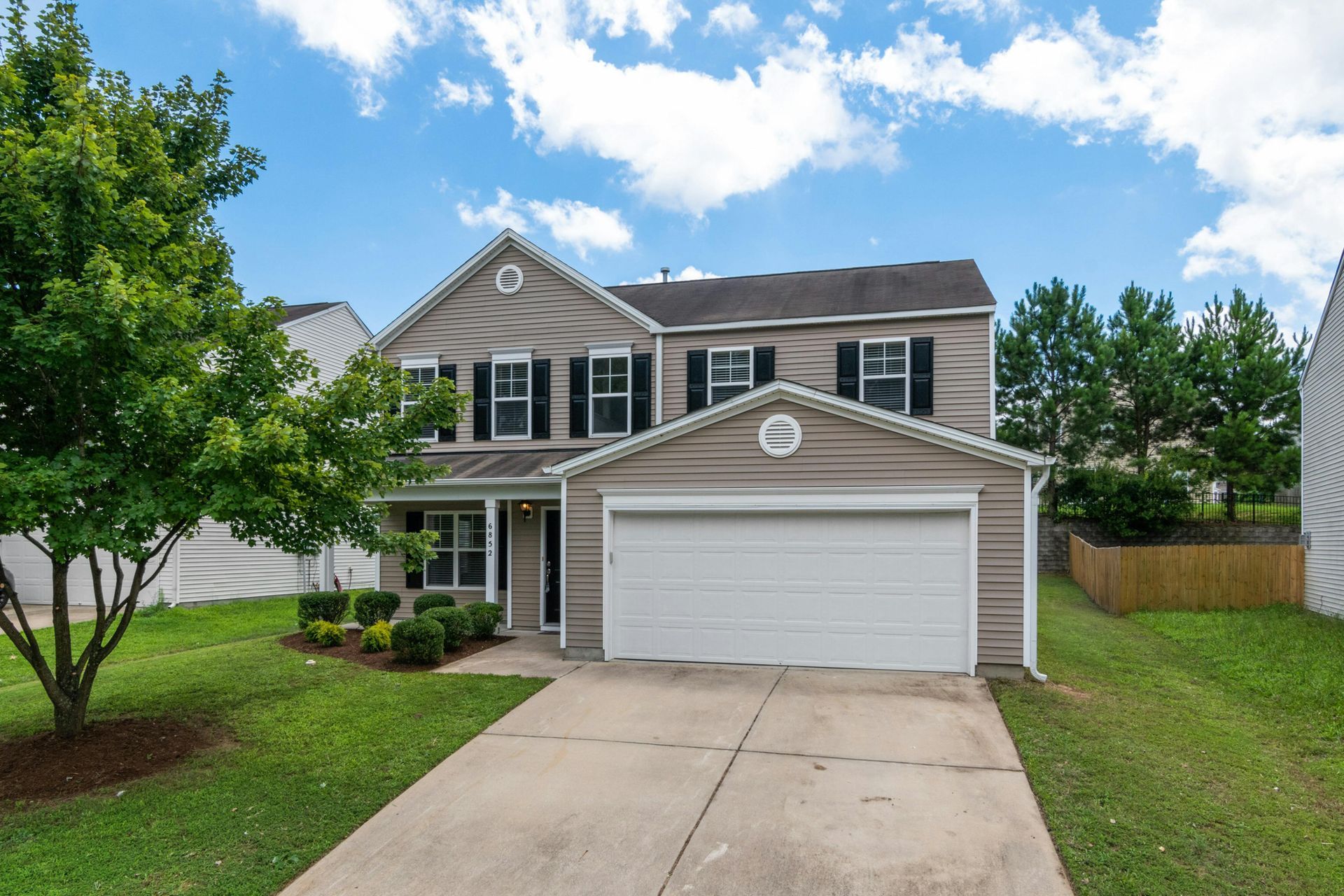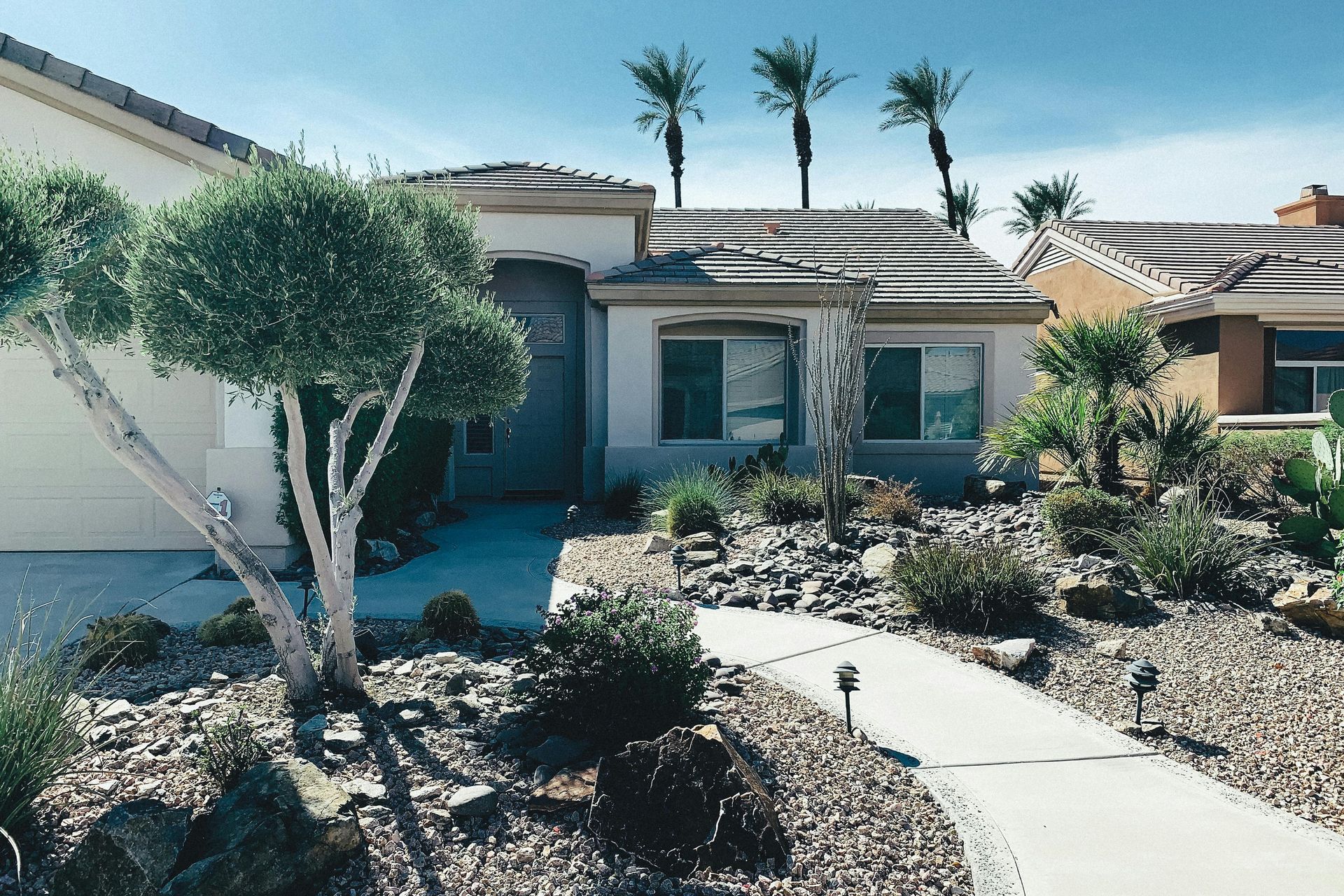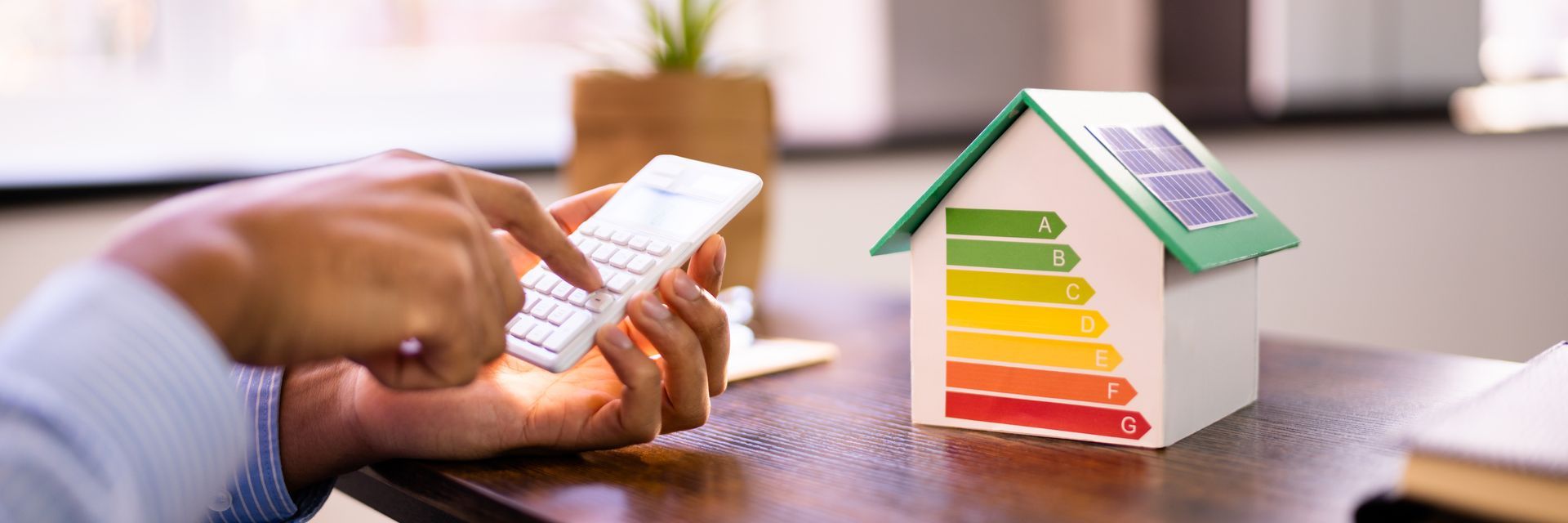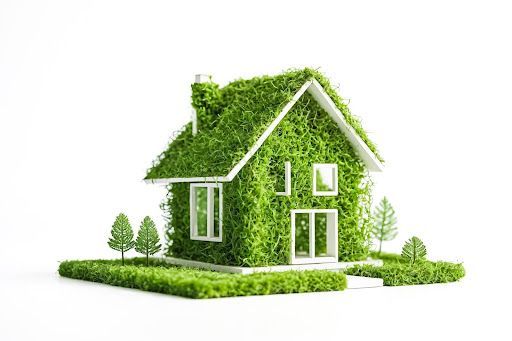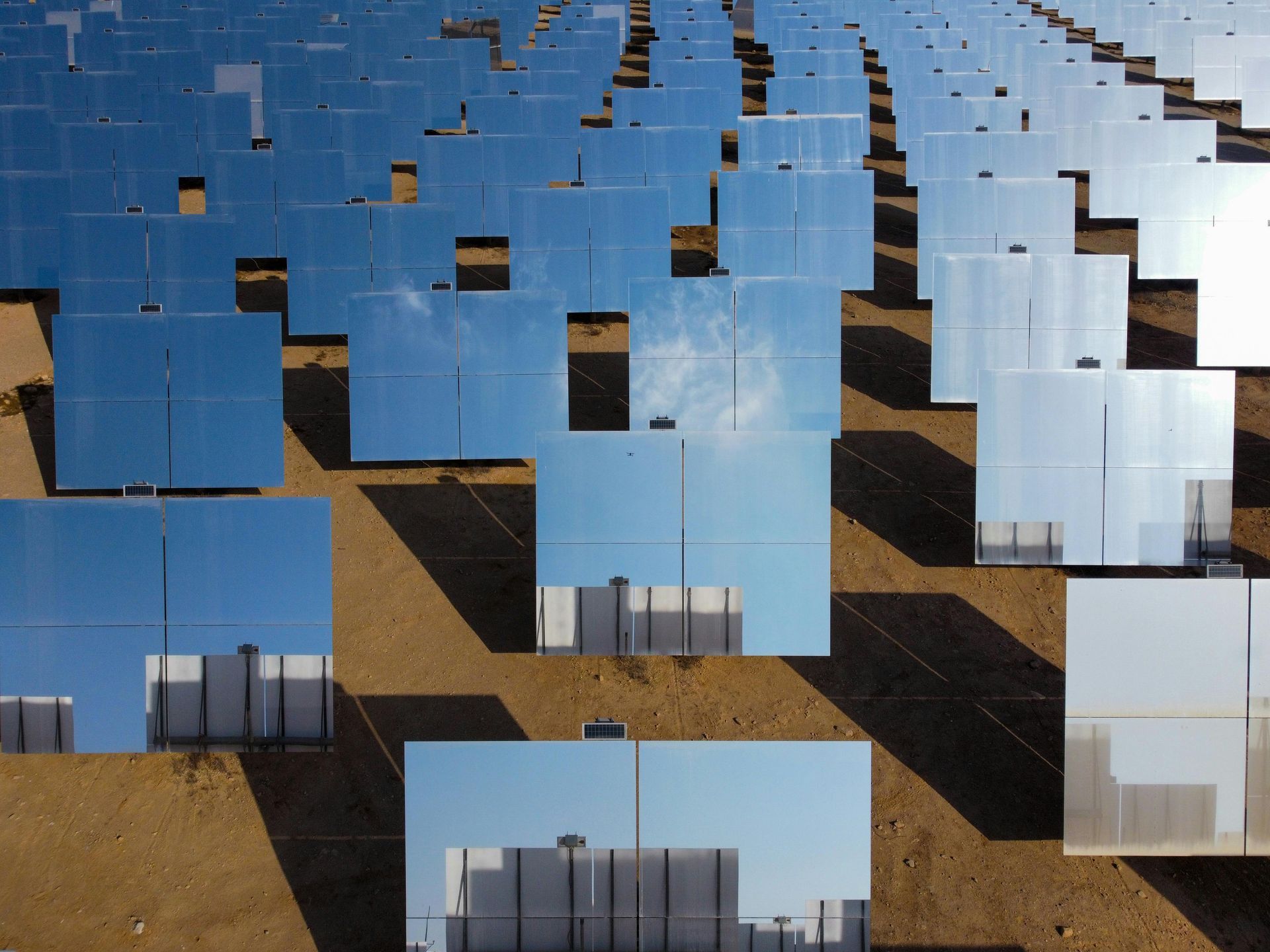Beat the Heat: Essential Insulation Tips for Arizona Homes
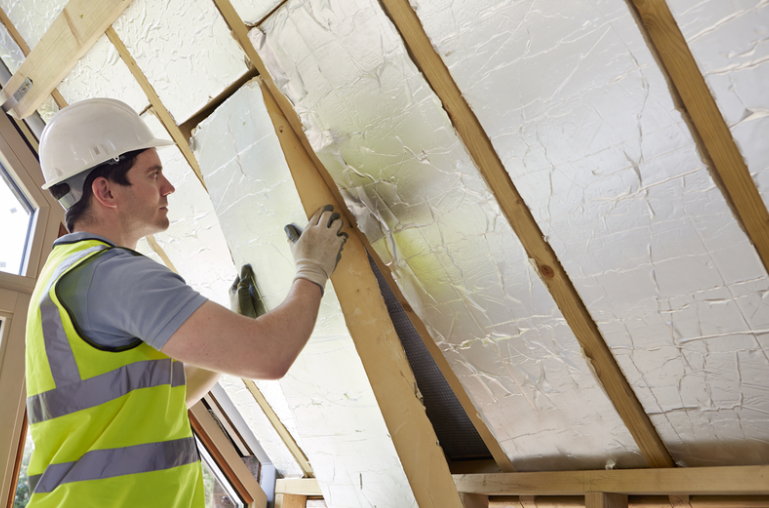
In the blistering heat of Arizona, maintaining an energy-efficient home is crucial, not only for comfort but also for managing utility bills. Effective insulation plays a pivotal role in this endeavor, acting as a barrier that keeps the heat out and the cool air in. This article serves as a guide for Arizona homeowners, detailing various insulation materials, particularly eco-friendly options, and emphasizing the importance of proper installation to maximize energy efficiency and minimize environmental impact.
Understanding Insulation Materials
A wide range of insulation materials is available, each with unique properties and efficiency levels suited to Arizona’s desert climate. Homeowners have the choice of traditional materials such as fiberglass and cellulose, as well as more sustainable options like sheep's wool and recycled denim.
Fiberglass Insulation
Fiberglass remains one of the most commonly used insulation materials. It is made from fine glass fibers and is available in batts, rolls, or loose-fill forms. Its thermal resistance is dependable, and when installed correctly, fiberglass insulation can significantly reduce energy consumption.
Cellulose Insulation
Cellulose insulation, made from recycled paper that is treated for fire resistance, provides an eco-friendlier alternative. Its thermal performance is comparable to fiberglass, and it excels in preventing airflow, making it a superb choice for retrofitting older Arizona homes.
Sustainable Options
For homeowners interested in green building materials, sheep's wool and recycled denim provide effective insulation while also contributing to environmental sustainability. Sheep's wool is naturally fire-resistant and can regulate humidity, which is particularly beneficial in Arizona’s dry climate. Recycled denim, made from post-consumer blue jeans, offers excellent thermal and acoustic insulation, reduces landfill waste, and contains no irritating fibers, making it safe and comfortable for installation.
The Importance of Proper Installation
The effectiveness of insulation largely depends on its proper installation. Poorly installed insulation can lead to gaps and leaks, drastically reducing its efficiency and effectiveness in climate control.
Professional Installation
While some types of insulation, like batts, can be a DIY project for experienced homeowners, professional installation is recommended for optimal performance, especially for more complex applications like spray foam or blown-in cellulose. Professionals can ensure that the insulation uniformly covers all necessary spaces without leaving any gaps.
Sealing Air Leaks
Before adding new insulation, it’s crucial to seal any air leaks in the home. Common areas where leaks occur include around windows, doors, and electrical outlets. Sealing these leaks with caulk, spray foam, or weather stripping can significantly enhance the insulation’s performance.
Maximizing Energy Savings
Properly selected and installed insulation can drastically cut energy costs, making it a prudent investment for homeowners in Arizona. It is important to understand the R-value, which measures insulation's ability to resist heat flow. The higher the R-value, the greater the insulation's effectiveness.
Attic Insulation
The attic is one of the most important areas to insulate in Arizona homes. Heat rises, and without adequate insulation, it can escape through the roof, making cooling systems work harder. Installing high R-value insulation in the attic can prevent heat transfer and keep the home cooler throughout the hottest months.
Wall and Floor Insulation
Insulating walls and floors can further enhance a home’s energy efficiency. This not only helps in maintaining temperature but also adds to the overall comfort by buffering the home from the heat radiated by the ground and external walls.
Eco-Friendly Considerations
Choosing insulation materials that are sustainable not only benefits the homeowner by reducing energy bills but also contributes positively to the environment. Materials like sheep's wool and recycled denim are renewable and require less energy to produce than traditional fiberglass or foam, reducing the overall carbon footprint of the home.
In Arizona, where the sun imposes relentlessly high temperatures, effective insulation is not just an add-on but a necessity for comfort and energy efficiency. The right insulation, when properly installed, can transform a sweltering house into a cool refuge, proving to be a wise investment for immediate comfort and future savings. As the heat continues to challenge the limits of home cooling systems, insulation stands as a steadfast ally in preserving the serenity and sustainability of Arizona living spaces.
Ready to fortify your Arizona home against the scorching heat? Contact us to learn more and take the first step towards a cooler, greener living space!
